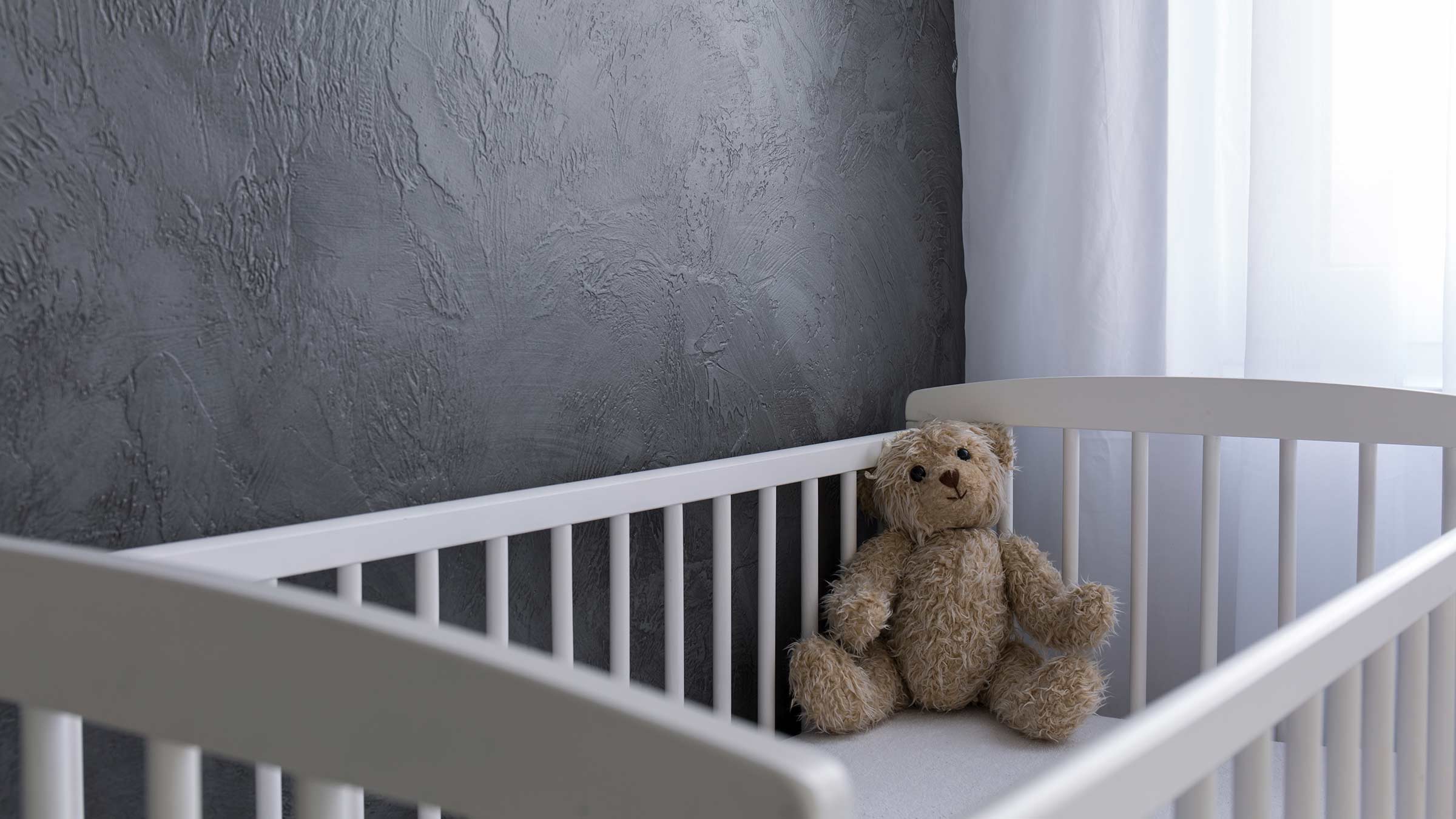
The loss of an infant, however old they are or however far along in a pregnancy, is devastating. And what’s uniquely terrible about this grief is that no two stories of infant loss are the same.
If you or someone you’re close to has experienced a miscarriage/pregnancy loss or other infant loss, consider these basic tips to guide you through this painful time.
Take things at your own pace, and ground yourself
It can be helpful to focus on living one day at a time, one moment at a time, one breath at a time.
Breathe through the pain, literally step by step. Anchor yourself by finding solace in everyday tasks and experiences, such as the smile of your partner, the touch of a loved one holding your hand, the feeling of sunshine on your face.
Grounding yourself in these tiny pockets of the “okayness” of life can help keep you afloat in the face of death.
Find something meaningful for you
What’s comforting for one person may not be for another, but it can be helpful to find the best way for you to commemorate the loss.
This could be writing out the story of what happened and even sharing it online. For some, it would be dedicating a bench in a garden or donating books to an organization that’s close to your heart.
Some hospitals organize memorial events to honor babies and grieving families. The Ohio State Wexner Medical Center organizes a few events each year. It also facilitates opportunities for families to give back in honor of their babies, through breast milk donation, teddy bear donations and commemorative/memorial trees and benches at Chadwick Arboretum.
Find closure — in your own way
In this situation, it’s important to listen to your inner voice and honor that, without trying to live up to the expectations of family, society or religion. What’s helpful to your relative, your next-door neighbor or anyone else experiencing a loss may not be helpful to you.
If that closure looks like a burial, cremation or memorial ceremony, do what feels right to you to honor the baby you’ve lost and the experience you’re going through.
Seek therapy and other resources when needed
Therapy is very important if you’re having trouble sleeping or eating, are unable to enjoy life as usual or are experiencing other symptoms of anxiety and depression. You can get a referral through your Ob/Gyn to reach a therapist more quickly who can give you extra support.
Other organizations can help too. These include:
- Share Pregnancy and Infant Loss Support Inc., a national group that provides support toward “positive resolutions of grief” during or following the death of a baby.
- Alive in My Heart, a central Ohio organization that supports families that are affected by pregnancy and infant loss with grief support groups, events and other resources.
Accept help
This is not a time to turn down the help and love that’s offered to you. Take advantage of opportunities to make life easier in this really difficult time.
Advice for loved ones
It’s important to think of the families affected by the loss of a baby as concentric circles. The baby’s parents are the innermost circle. The next, larger circle would be the baby’s siblings and/or grandparents. The following, increasingly larger circles would include close friends or other close family members, then community neighbors, with acquaintances occupying the outermost circle.
Whichever circle you sit on, you don’t want to dump grief inward onto a smaller circle — your job is to support the smaller circles and find support from those on your circle or on larger circles. So if you’re the grandparent of the baby who died, avoid looking to the parents for support in your grief. That can overwhelm them with the added task of comforting others in their time of immense pain.
Good grief flows outward, to larger circles.
I see it a lot in my practice, where someone on a larger circle might burden someone on an inner circle with their own needs. Maybe a sister will have bought a gift for the baby and is upset by the prospect of needing to return it, and shares that sadness with the baby’s parents. It’s not that the sister doesn’t need or deserve support, but it’s critically important that she gets that support from an outside circle, such as a spouse or friend, rather than from the parents of the baby.
How to show support to families affected by miscarriage/pregnancy loss or infant loss
The most helpful thing to do in this time is to show up. When experiencing the loss of a baby, it’s extra painful to feel like your support network has disappeared.
Don’t avoid your friend or family member because of fear of saying or doing the wrong thing. Just say you’re there for them and offer some way to help, if you can. Give them some options, such as, “Can I drop off dinner sometime or come do a load of laundry? What would be more helpful?” Or, “Can I take your kids for a play date, or drop off some gently used hand-me-down toys?”
Maybe it’s… “Can I send out explanatory emails to the people invited to your baby shower, or drop off a self-care kit of shampoos and lotions? I’m going to do something for you, and I’d love it to be something you actually need.”
Gently insist on providing help, and give easy choices.

Find support after infant loss
Ohio State offers bereavement resources.
Get support today




